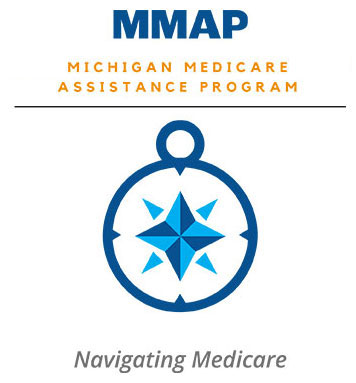October 15, 2021
by The Senior Medicare Patrol Resource Center
Lois C. Greisman, Elder Justice Coordinator, FTC
During Medicare’s Open Enrollment Period (OEP), which begins on October 15 and ends December 7, Medicare beneficiaries can choose the plans that are best for them for 2022. You can get help comparing Medicare plans from your local State Health Insurance Assistance Program (SHIP), available in each U.S. state, territory, and the District of Columbia. Private insurance companies administer, market, and sell Medicare Advantage (MA, Part C) and Medicare Prescription Drug Plans (Part D), so it’s important to understand your rights and some of the limits on marketing. That way you’ll be prepared if an insurance broker or agent tries to enroll you in a Medicare plan that isn’t right for you.
Know your rights
If you request an appointment with an agent to visit or call to talk about your Medicare coverage options, remember you have certain rights and agents must follow the law:
- Agents must give you information only about items listed in the scope of appointment form you filled out when you asked for an appointment. They can’t talk about other Medicare or insurance products that you didn’t ask to talk about.
- Agents can’t set their own time limits for you to sign up for a plan. Everyone has until December 7 to enroll, and there aren’t any extra benefits for signing up early.
- They can’t threaten to take away your benefits if you don’t sign up for a plan or offer you gifts if you agree to sign up.
- Agents cannot suggest that Medicare endorses or prefers their plan.
After you pick the plan that’s right for you, be sure you get all the details in writing before you sign up. Take your time to read all information and verify details. For example, before you sign up, reach out to your doctors to ensure they are in that plan’s network.
Report a marketing violation
There are limits on how companies and agents selling Medicare plans can contact you and what they can say. For example:
- You should never get a phone call from a company you don’t have a relationship with.
- A company must not represent itself as Medicare, Social Security, or Medicaid.
- You shouldn’t get information — like leaflets, flyers, door hangers, etc. — on your car or at home from a company you don’t have an appointment with.
- An agent can’t come back to your home without an invitation.
- They can’t mislead you about coverage for prescriptions or services. Always review your Explanation of Benefits (EOB) to be sure your coverage matches what was promised.
- They can’t promise that you can keep your Medigap plan (supplemental plan) when you sign up for a Medicare Advantage plan. The truth is, you can’t have both a Medigap plan and a Medicare Advantage plan.
If you notice one of these marketing violations, please tell your local Senior Medicare Patrol.
Protect your medical information
Scammers might call and pretend to be Medicare representatives or agents in an attempt to steal your Medicare number or other personal information. They can use a fake CallerID name to impersonate Medicare or another organization you know. Don’t trust the name displayed on your phone’s CallerID screen. If anyone calls and asks for your Medicare, Social Security, or bank or credit card information, hang up. A scammer can use your personal information to file false claims, sign you up for a plan to which you didn’t agree, or even steal your identity.
For more information and help reporting Medicare fraud, errors, or abuse, visit smpresource.org or call 1-877-808-2468. To report an impersonator who pretended to be from Medicare, call 1-800-MEDICARE and visit ReportFraud.ftc.gov. If you think someone misused your personal or financial information, report it at IdentityTheft.gov and get started on a recovery plan.

